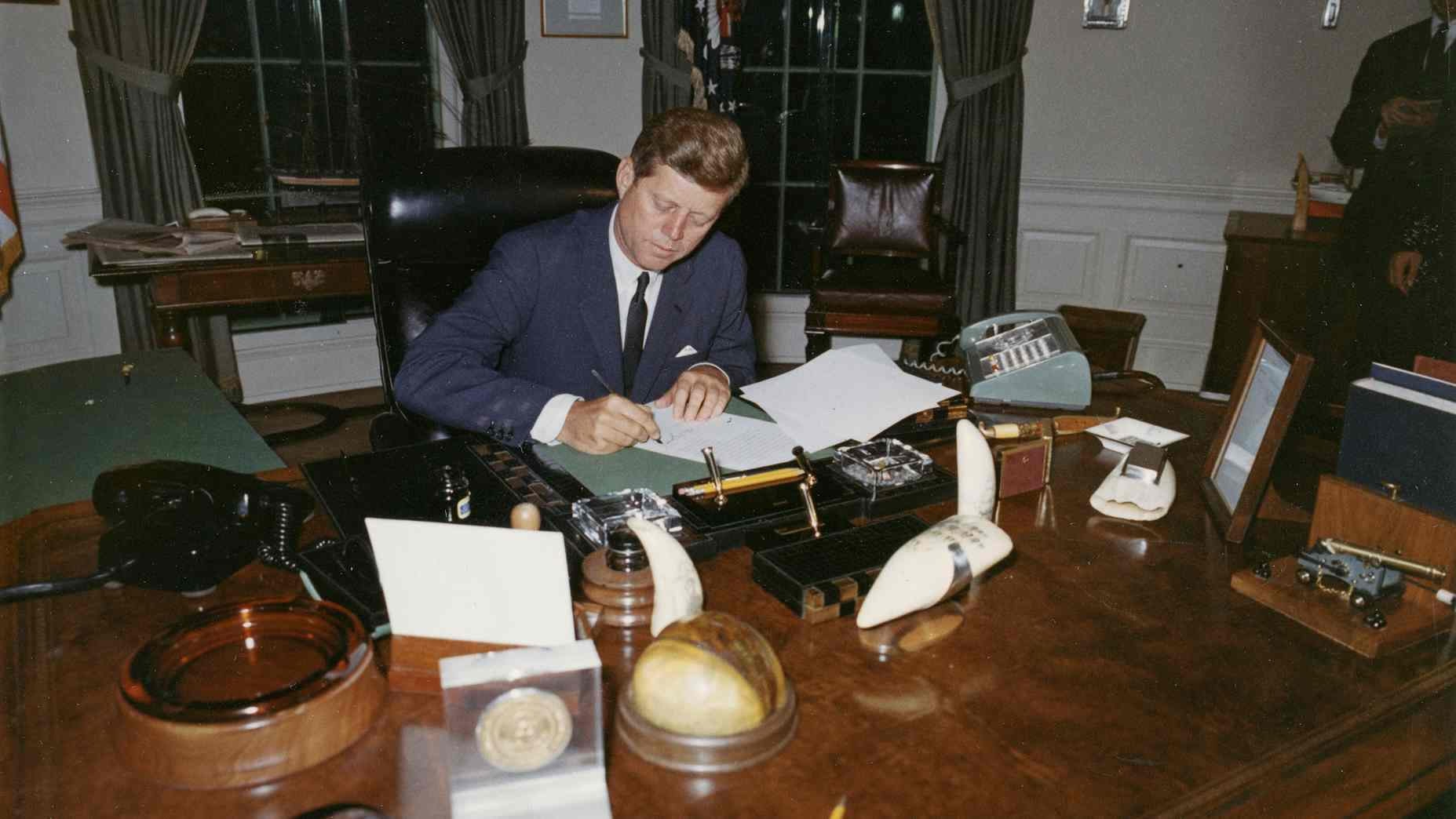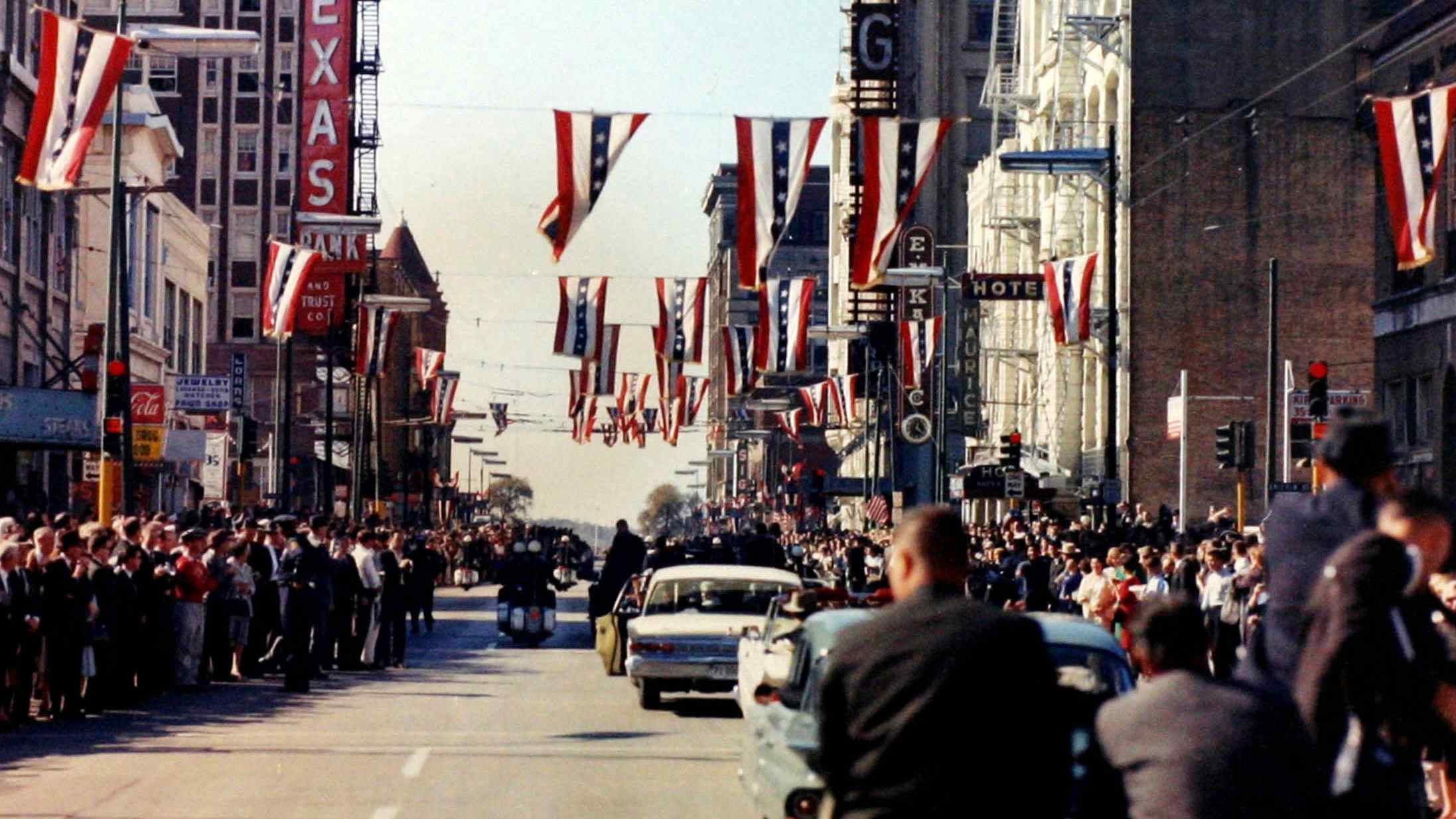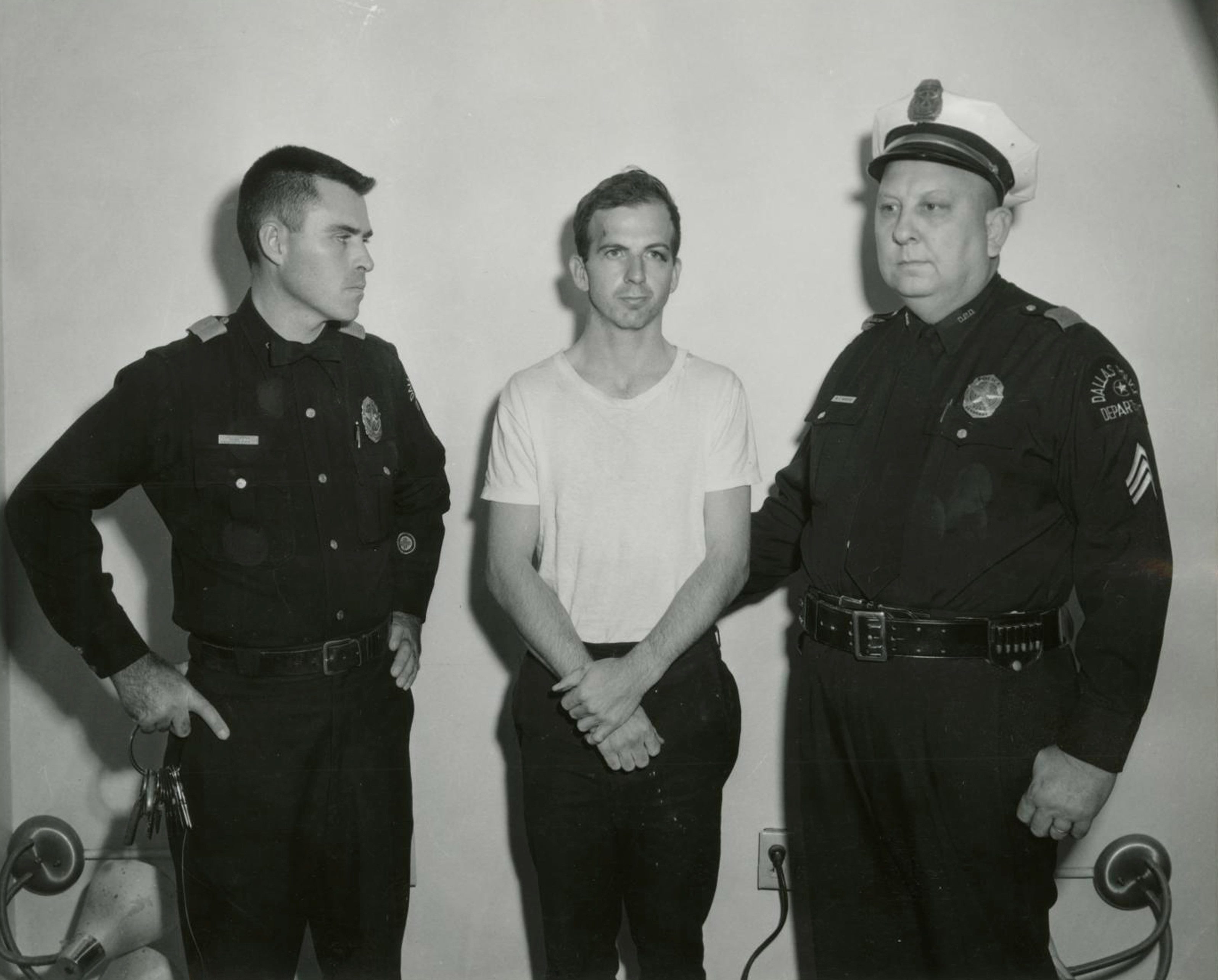
Opinions
14:55, 25-Nov-2017
Opinion: 54 years later, Kennedy assassination still traumatizes, divides Americans
Guest commentary by Rick Dunham

It was early on a bright autumn Friday afternoon in November 1963 when my second-grade class was suddenly, and without explanation, dismissed from school for the day. As we hastily left my Philadelphia primary school, my classmate Eric said to me President Kennedy had been shot. I reacted in disbelief: How could my best friend be tormenting me like that with a hurtful lie?
A few minutes later, my mother confirmed the tragic news. Like millions of Americans, I was unwilling to accept the notion that this heinous crime could have been planned and executed solely by one person, a former US marine who had defected from the United States to the Soviet Union and then returned home.
Today, many Americans remain convinced that the president’s murder was part of a conspiracy, despite a dearth of credible public evidence linking assassin Lee Oswald to a nefarious plot. Purported conspirators include the FBI, the CIA, the KGB, Cuban President Fidel Castro, US Vice President Lyndon Johnson, the US military-industrial complex, American organized crime, a corrupt US labor union, even, as Donald Trump claimed during the 2016 presidential campaign, the Cuban-born father of his Republican primary rival, Ted Cruz. The secrecy shrouding the official government investigation, known as the Warren Commission, and the reluctance of the government to make all of the Kennedy assassination files public, has fanned the flames of conspiracy theorists.

The motorcade carrying President John F. Kennedy rolls through the streets of Dallas, Texas minutes before his assassination on November 22, 1963. /Reuters Photo
The motorcade carrying President John F. Kennedy rolls through the streets of Dallas, Texas minutes before his assassination on November 22, 1963. /Reuters Photo
Fifty-four years later, 99 percent of the once-secret US government files have been released. In 1992, Congress gave US presidents 25 years to release the rest of the data, with the exception of documents that could affect American national security. Last month, President Donald Trump ordered the rest of the files released immediately, then modified his order on October 27 after his intelligence agencies objected. Now, the agencies have a deadline of April 26, 2018, to comply with the 1992 law.
Last month’s release of 2,800 files revealed the FBI’s vigor in chasing down any lead that might hint at a possible conspiracy, particularly if it suggested a tie to Communists. They also included a list showing a “bounty” that Cuban exiles allegedly were prepared to pay for the killing of revolutionary leaders including Fidel and Raul Castro, as well as Che Guevara.
Still, Trump’s order to withhold the remaining documents injected new mystery into the long investigation. Trump warned of “potentially irreversible harm to our nation’s security” if all of the documents are released. “Certain information,” he argued, “should continue to be redacted because of national security, law enforcement, and foreign affairs concerns.”
Because the concerns have not been publicly stated, the world is left to guess. Is there something sensitive about American attempts to assassinate Castro? Something related to Cold War relations with the Soviet Union, China or Korea? Embarrassing revelations about illegal domestic spying ordered by controversial FBI director J. Edgar Hoover? (After all, among the documents released last month were some confirming Hoover’s voyeuristic obsession with the sex life of American civil rights leader Martin Luther King.)
The Washington Post recently listed some of the most sensitive documents that still have not been shared publicly. These involve two longtime CIA operatives who were arrested a decade later in connection with the Watergate burglary that eventually toppled President Richard Nixon, Oswald’s time in Mexico City preceding the murder, a 338-page file on the head of the CIA’s Dallas office, and an 18-page file on a Dallas businessman who met with the man who later assassinated the presidential assassin, nightclub owner Jack Ruby.

Lee Harvey Oswald, accused of assassinating former US President John F. Kennedy, is pictured with Dallas police Sgt Warren (R) and a fellow officer in Dallas, in this handout image taken on November 22, 1963. /Reuters Photo
Lee Harvey Oswald, accused of assassinating former US President John F. Kennedy, is pictured with Dallas police Sgt Warren (R) and a fellow officer in Dallas, in this handout image taken on November 22, 1963. /Reuters Photo
The CIA insists that “no document” will be “withheld in full,” although some may be censored. Trump warned agencies that they should be “extremely circumspect in recommending any further postponement of full disclosure of issues.”
Those statements leave room for doubt that all of the documents will be released in full by the legally mandated deadline, whether it is for political reasons, such as avoiding embarrassments to the US government, or bureaucratic ones, such as the complicated nature of decryption.
Is this part of a vast, ongoing government conspiracy or a slow-moving bureaucracy? After 54 years, it’s not likely that many people will change their minds now.
(Rick Dunham is a professor at Tsinghua University. The article reflects the author’s opinion, not necessarily the views of CGTN.)

SITEMAP
Copyright © 2018 CGTN. Beijing ICP prepared NO.16065310-3
Copyright © 2018 CGTN. Beijing ICP prepared NO.16065310-3